If we had the original documents of the Bible, where would they be? Why don’t we have them? Could they eventually surface one day?
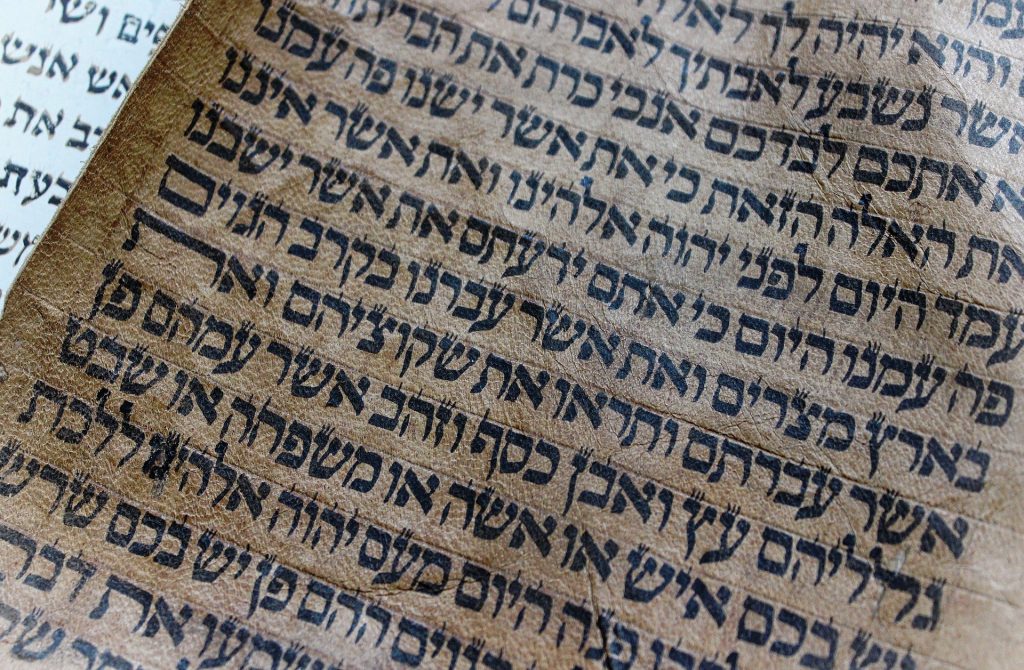

Many years ago, I had the rare opportunity to be in an hour-long small-group Q&A with Dallas Willard. Dallas was regarded as a mentor to many of the best-known Christian ministers and authors. He was a philosopher by trade, but in Christian circles, he was known for his brilliant writings such as The Divine Conspiracy. If there are such things as Christian celebrities, Dallas Willard would have been at the top of many Christians’ list.
Which is somewhat ironic, since what I noticed about him immediately was his genuine humility. He seemed honored that we would want to pick his brain. He put on no airs. A question was asked, he would pause to construct an answer, and then he would speak wise words worthy of publication.
Inerrancy of the originals?
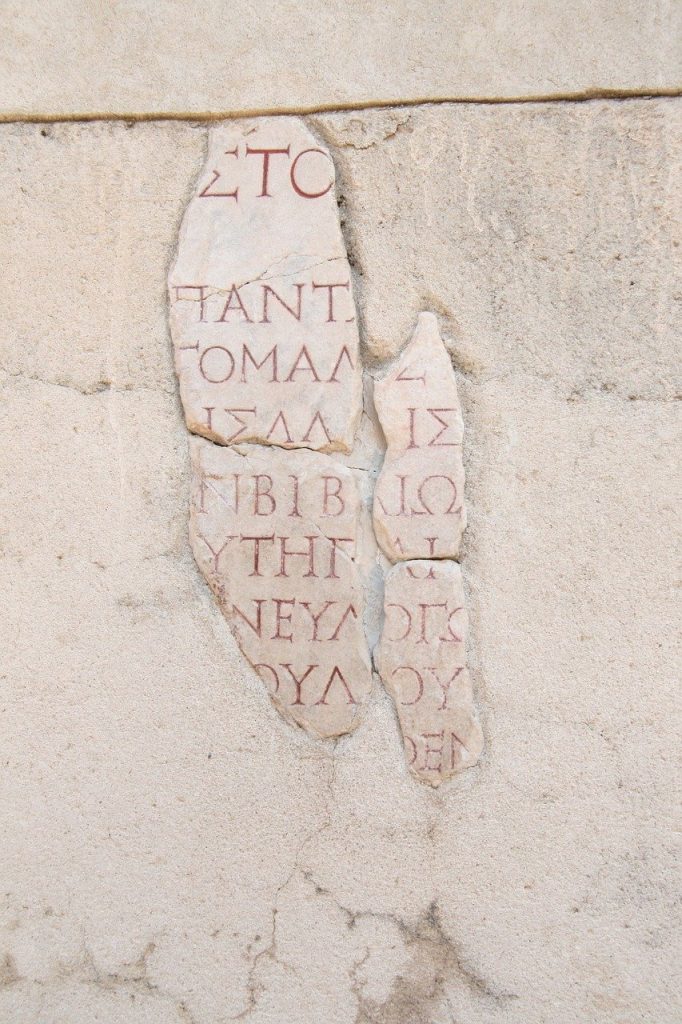
One question had to do with the original documents (also known as the autographs) of the Bible. At that time, there were raging debates about the “inerrancy” of scripture. Some who promoted inerrancy (and divided churches and denominations) were willing to concede that there were exceptions – such as The Chicago Statement of Inerrancy’s concession that within the Bible one would find “a lack of modern technical precision, irregularities of grammar or spelling, observational descriptions of nature, the reporting of falsehoods, the use of hyperbole and round numbers, the topical arrangement of material, variant selections of material in parallel accounts, or the use of free citations.” (article 13)1

That means there are at least ten exceptions to inerrancy. It’s like saying someone is chaste – with ten exceptions, or that a pitcher threw a no-hit ballgame – with only ten singles. This is not a blog about inerrancy, but it is helpful to know the tensions that were ongoing during the time of our conversation with Dallas Willard.
So, of course, the question of inerrancy came up. Did Dallas believe in it? Yes and no. He believed that the original documents were perfect. Why? Because God is perfect and Dallas believed God would have wanted his work to be perfect. What writer wouldn’t? But he did not like the word “inerrancy.” It had a disingenuous and circular logic.
Why didn’t God save them?
Then, he asked us a question. “What about those original autographs? Why didn’t God preserve them? God could have, surely. So, why are we left with copies of copies of copies of the original without having the original documents?”
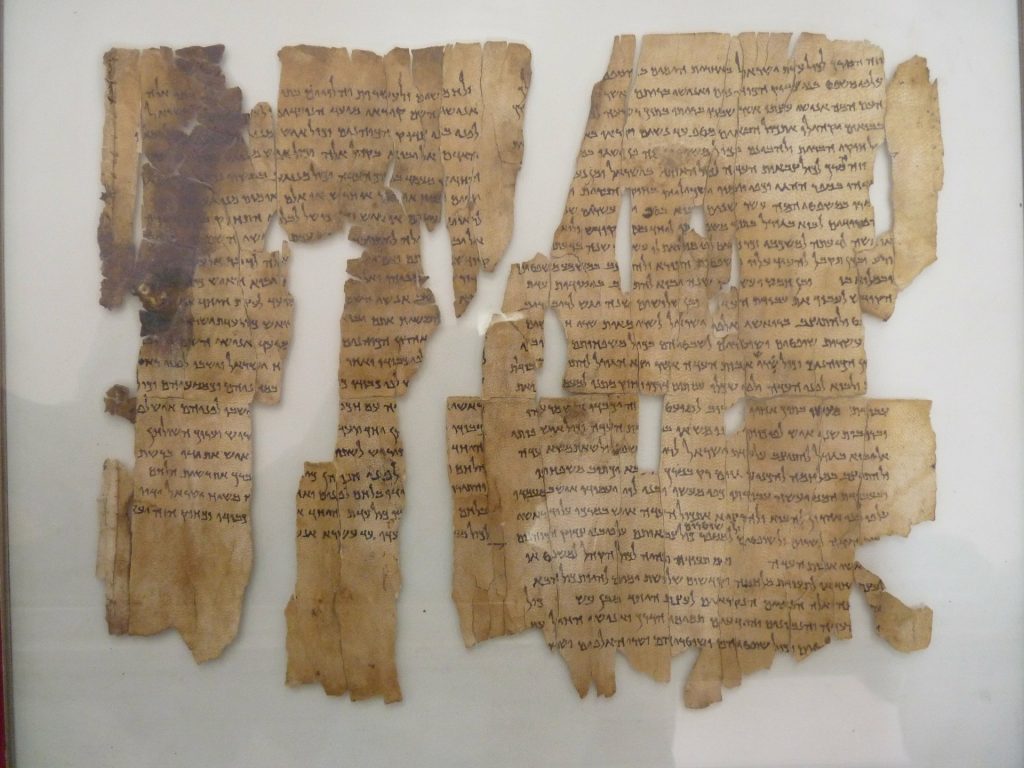
Well, that was a good question that I had never heard asked. If we had the original gospel of Mark, for example, we would know how Mark’s gospel ended. We’d know whether the original gospel of John included the story of the woman caught in adultery. We’d know whether Genesis 1 and 2 were originally together. A lot of debates would never have arisen if we had the original documents. So many of those footnotes in our Bibles (“other ancient manuscripts read _____” or “other ancient authorities add ______” or “other ancient authorities lack ______”) would no longer be needed. Why didn’t God see that the originals were passed down in a safe, indestructible, and unchangeable way?
Dallas had a suggestion. “If we had the original documents, we would turn them into idols.”
What could have been
I believe he was right. The parchment would have become more important than the message on the parchment. We would have constructed shrines around each document. These would become holy sites. There would be wars over who gets to own which document. Like the search for the Holy Grail, there would have been even more Crusades. We would have killed those who held the documents about the Prince of Peace.
If you want to see some originals
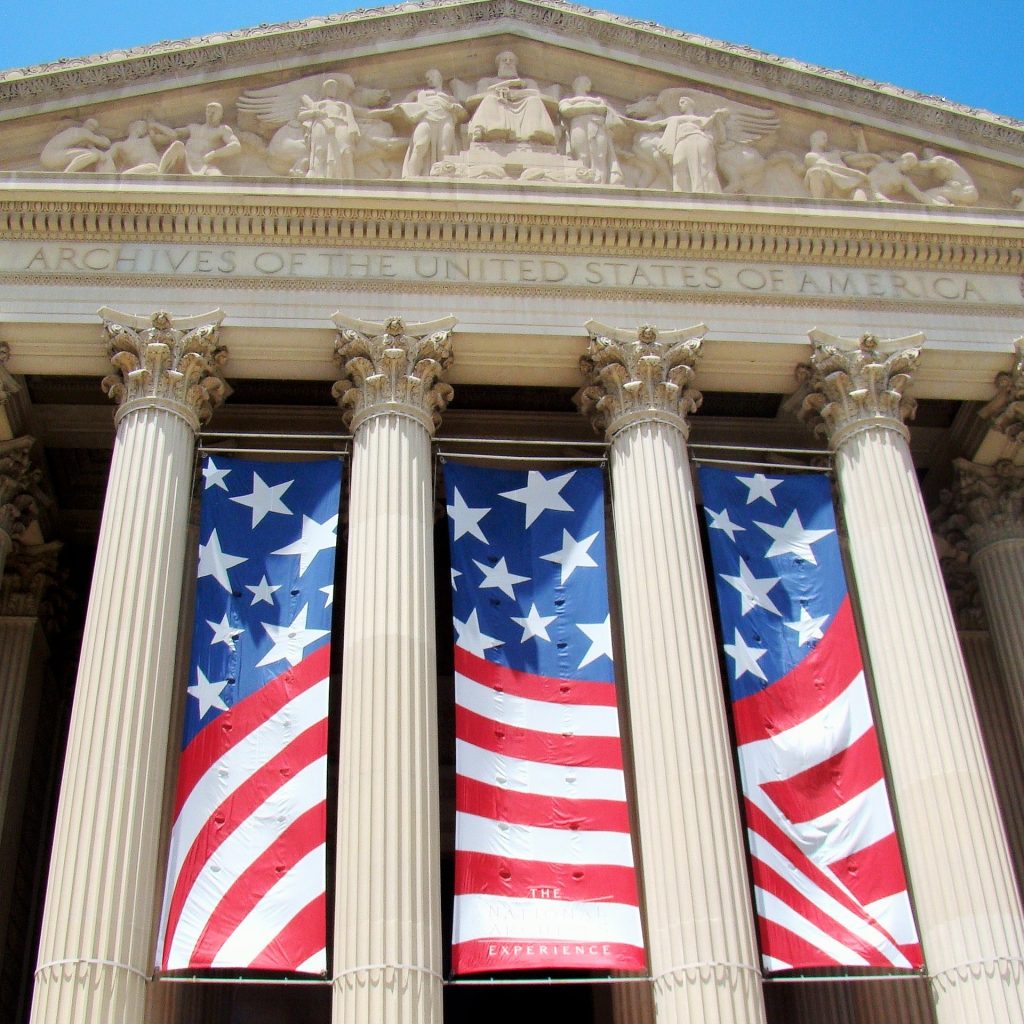
One popular site in Washington, DC is the National Archives Museum. People line up, sometimes for hours, to get a glimpse of our nation’s founding documents, the Declaration of Independence, the Constitution, and the Bill of Rights. These documents are not “holy” in the Christian sense, but they are often described secularly as “sacred” texts. There are millions of copies of these documents, but to see the originals is a special experience. If some foreign power attempted to steal or damage these documents, there would undoubtedly be war.

But do you know what else (among many, many other documents) is housed at the National Archives? The original treaties between the U.S. and American Indian tribal nations are housed at the National Archives as the series, “Indian Treaties, 1722-1869.” Of course, the US government consistently broke all those treaties. The original documents are present. The promises made were never fulfilled.
Just do it
Original documents can be objects of veneration and even of worship. But if the promises made are not kept, if the commitments made are broken, if the teachings given ignored, what good are original autographs? If we keep the scrolls but do not keep the spirit of the texts, we gain nothing. To paraphrase James 1:22, “Be doers of the word and not promoters/protectors/pontificators only, and so deceive yourself.”
- https://www.thegospelcoalition.org/themelios/article/the-chicago-statement-on-biblical-inerrancy/ [↩]

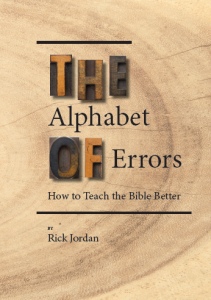
have a typo on the page , “them them” right before what could have been section
Thank you for letting me know. I have corrected it to read: “If we had the original documents, we would turn them into idols.”